myoclonic jerking end of life treatment
A hiccup is one type of myoclonic jerk. This procedure records the electrical activity of your brain and may help determine where in your brain the myoclonus originates.
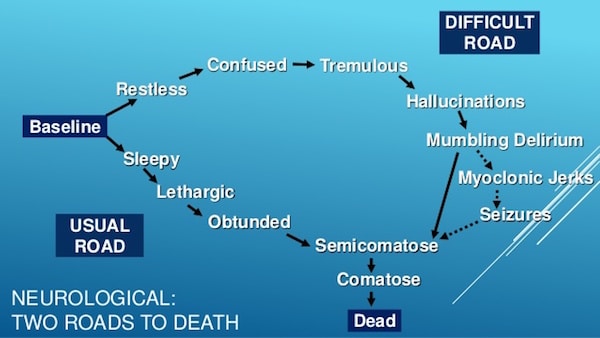
End Of Life Care In Emergency Medicine
Everyone recognizes the common opioid side effects.
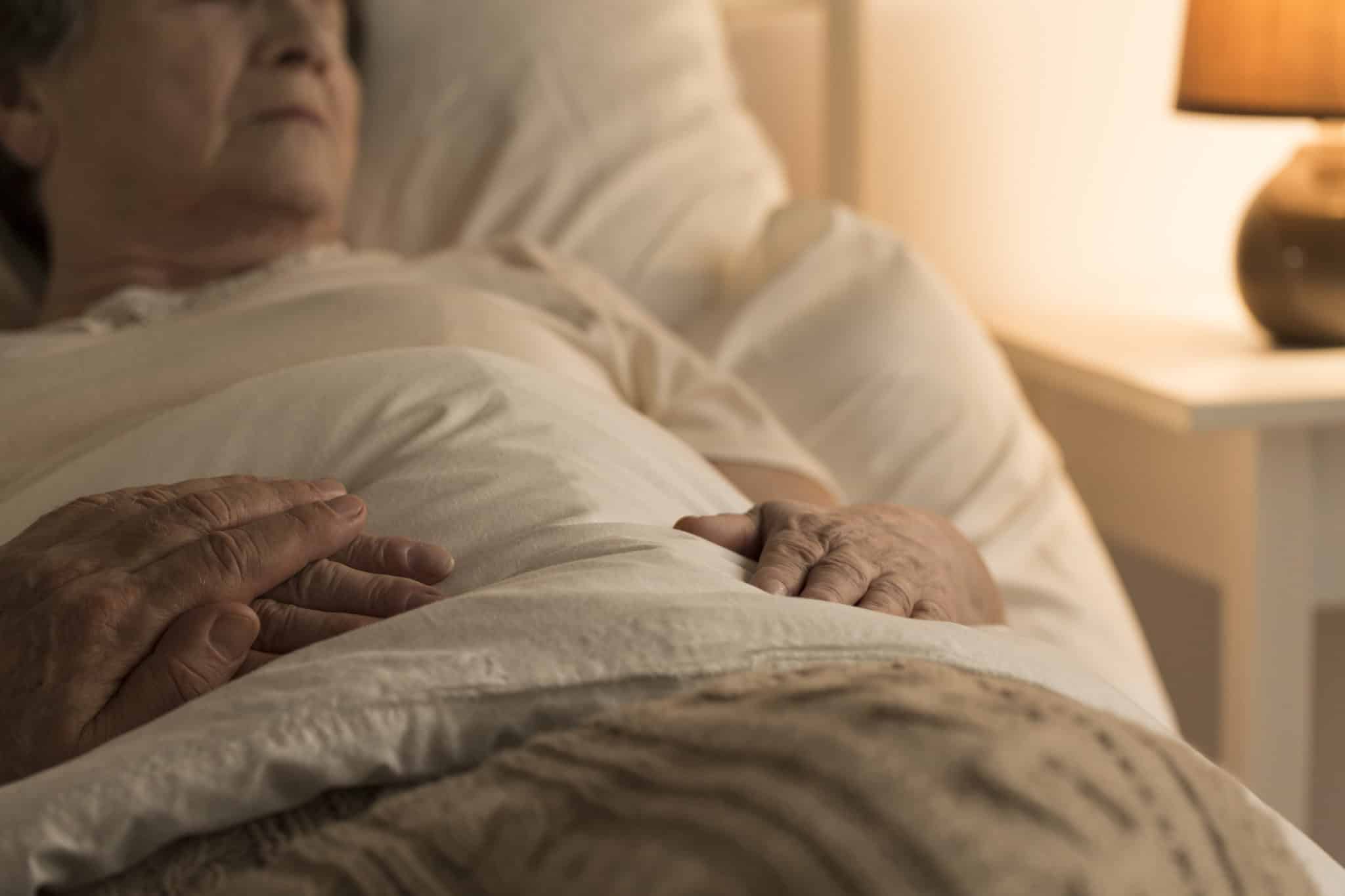
. It describes a clinical sign and is not itself a disease. In this procedure doctors attach small. The twitching cannot be stopped.
In its simplest form myoclonus consists of a muscle twitch followed. From EPERCs Fast Facts. Myoclonic jerks are sudden muscle twitches or jerks that cannot be controlled by the person having them.
Fever may be caused by infection medicines or the cancer. Medication may be given to minimize jerking or twitching at the end of life and. Juvenile myoclonic epilepsy or JME is a neurological seizure disorder that usually develops between the ages of 1218.
Choices about care and. This term used to describe a mental state that many terminal patients move through during their final stages of life is estimated to affect up to 85 of patients. Myoclonus refers to sudden brief involuntary twitching or jerking of a muscle or group of muscles.
Action myoclonus is the most severe form. It may be a normal phenomenon as in the so-called sleep. Constipation nausea pruritis and urinary retention.
Less well appreciated are the. The following are some of the most common types. The muscular jerking is made worse.
Myoclonus is a movement disorder which presents itself with sudden brief shock-like jerks. The term myoclonic is made of two words that. Learn about their symptoms causes and.
It usually lasts for a few seconds so it often goes unnoticed. Action myoclonusrenal failure AMRF syndrome causes episodes of involuntary muscle jerking or twitching myoclonus and often kidney renal disease. Myoclonic jerks and inattentiveness may be rare neurologic complications of ATO toxicity.
Myoclonic jerks may be caused by taking very high doses of opioids for a long time. A myoclonic seizure causes muscle jerking typically after waking up. Myoclonus is a brief less than half a second contraction involving agonist and antagonist muscles leading to a sudden jerk.
Myoclonic seizures are a type of seizure that causes sharp uncontrollable muscle movements. Theyre usually minor and brief but can happen with very severe seizure disorders. Clinicians must be aware of this rare toxicity given that the ATO and ATRA.
It is not in itself a disease. Myoclonus refers to a sudden involuntary unintended jerking of a muscle or group of muscles. Myoclonus has been described as a neuroexcitatory side effect of high doses of opioids.
It may affect the arms legs face and voice. Most myoclonic jerks are due to a brief burst of muscular activity resulting in positive.
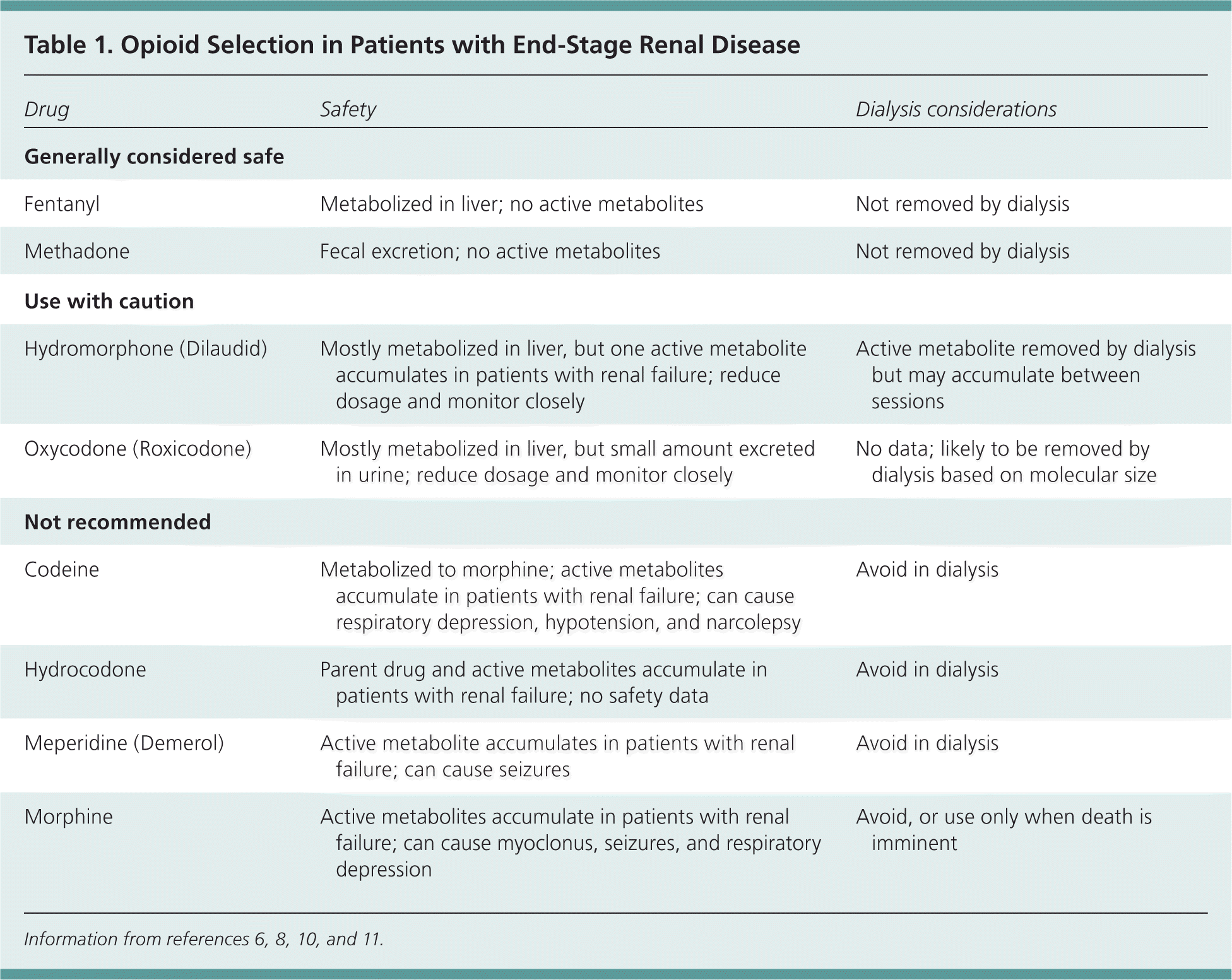
End Stage Renal Disease Symptom Management And Advance Care Planning

Seizure Management In The Dying Patient Palliative Care Network Of Wisconsin
/overview-of-myoclonic-epilepsy-4175105_final-294e31312f174513a65079058ebb40fb.png)
Myoclonic Seizures Symptoms Causes Diagnosis Treatment

Myoclonic Seizures Causes Symptoms Diagnosis Treatment
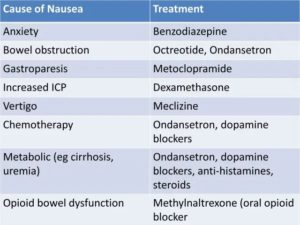
Practical Tips For Providing Palliative Care In The Ed Gedc
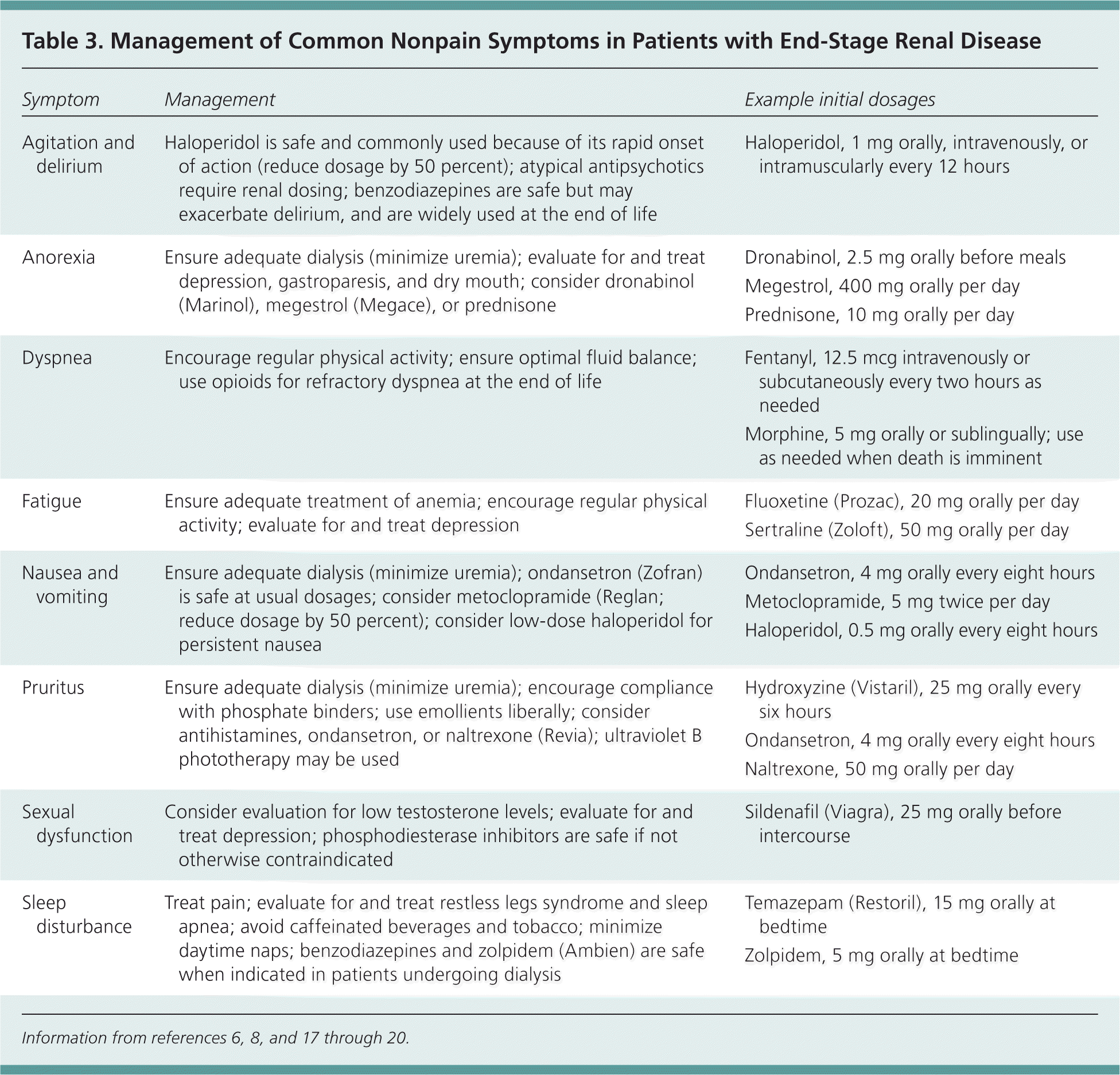
End Stage Renal Disease Symptom Management And Advance Care Planning

Pain Management In End Of Life Care
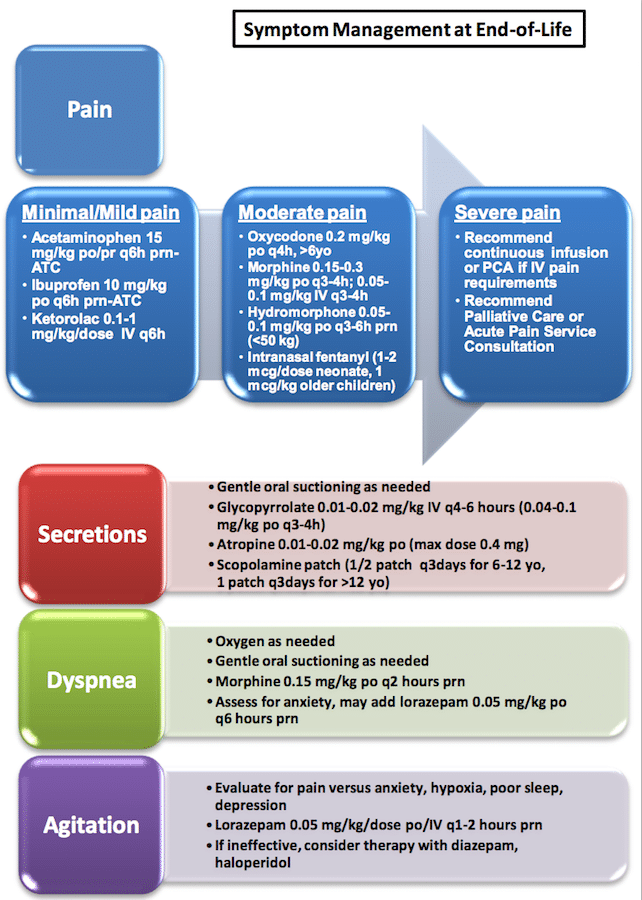
End Of Life Care In Emergency Medicine

Terminal Restlessness And Hospice Patients A Guide

Type 2 Atn In Second Branch Maxillary Nerve Is Me Trigeminal Neuralgia Neuralgia Brain Lesions

Myoclonic Seizures Symptoms Causes Diagnosis Treatment

Myoclonus Types Symptoms Triggers And More

Myoclonus Causes Types And Treatment
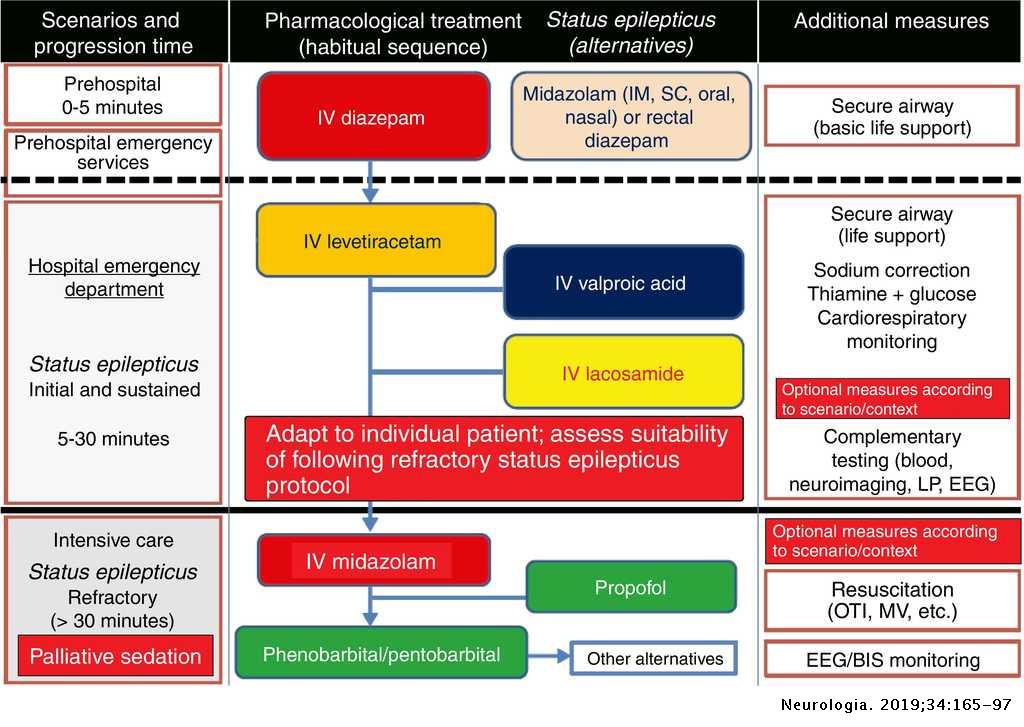
Guidelines For Seizure Management In Palliative Care Proposal For An Updated Clinical Practice Model Based On A Systematic Literature Review Neurologia English Edition
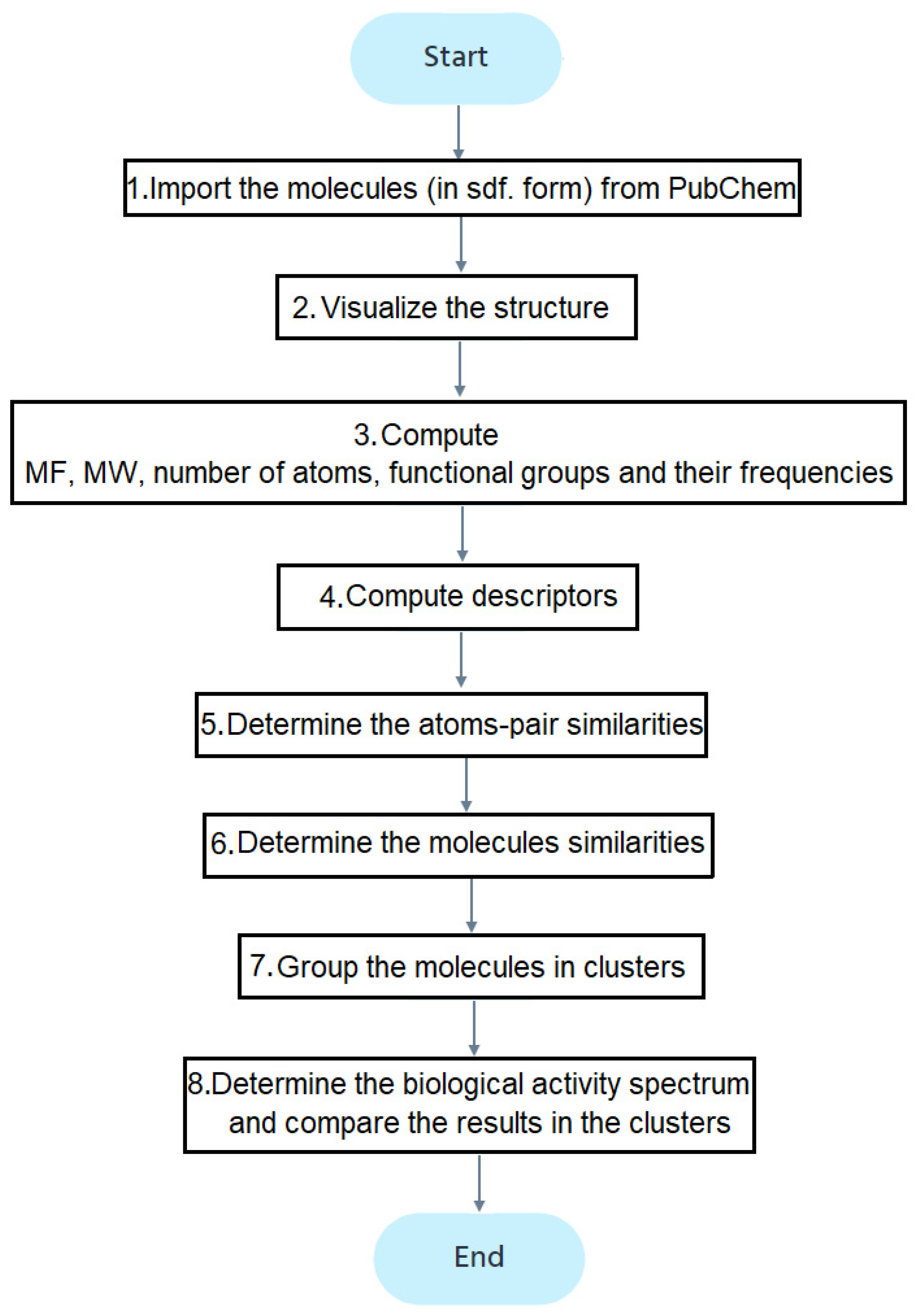
Mathematics Free Full Text Computer Aided Methods For Molecular Classification Html

Development And Content Validation Of A Preliminary Core Set Of Patient And Caregiver Relevant Outcomes For Inclusion In A Potential Composite Endpoint For Dravet Syndrome Epilepsy Behavior

Pain Management In Palliative Care Art Or Science Anaesthesia Intensive Care Medicine
